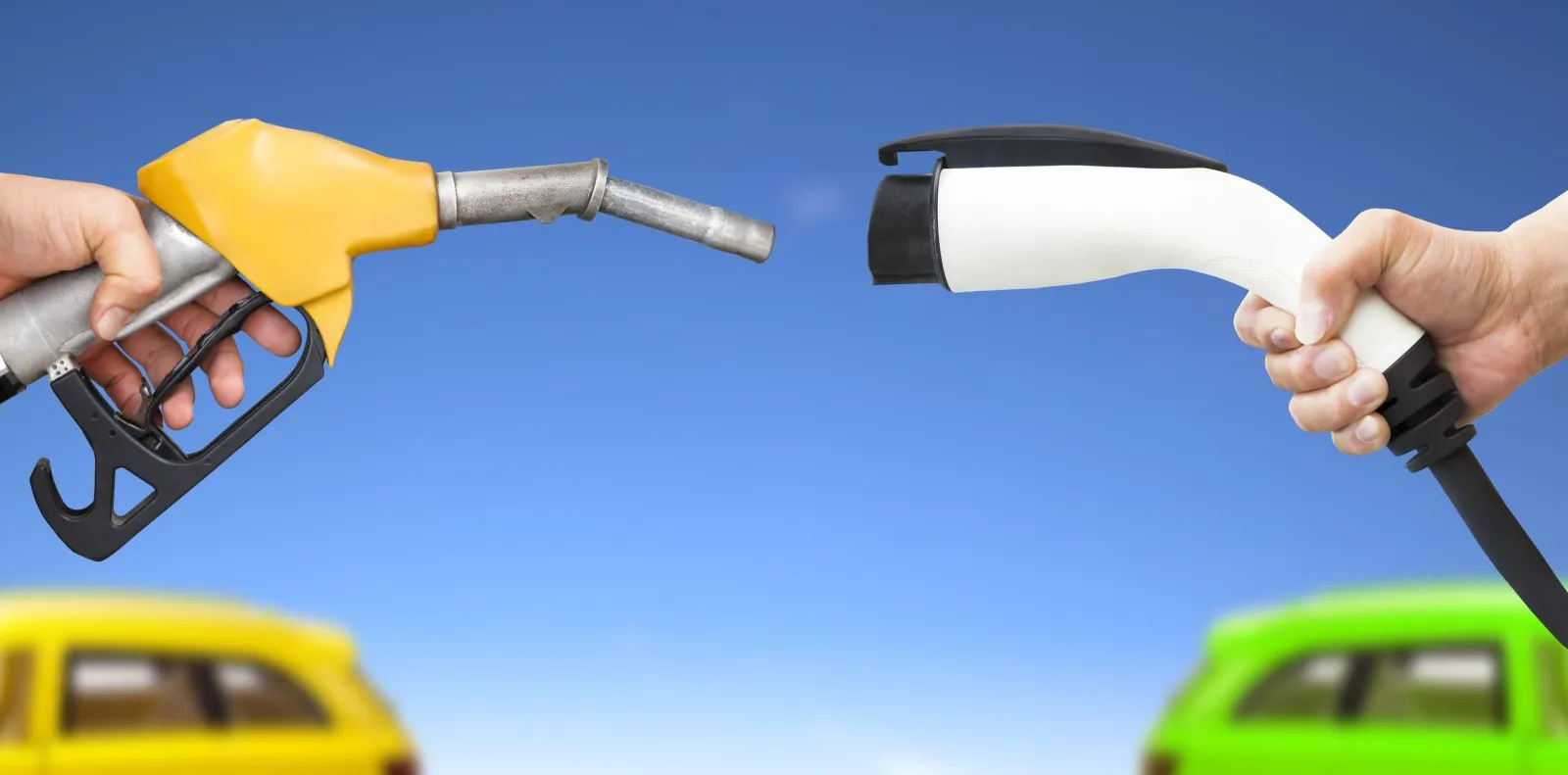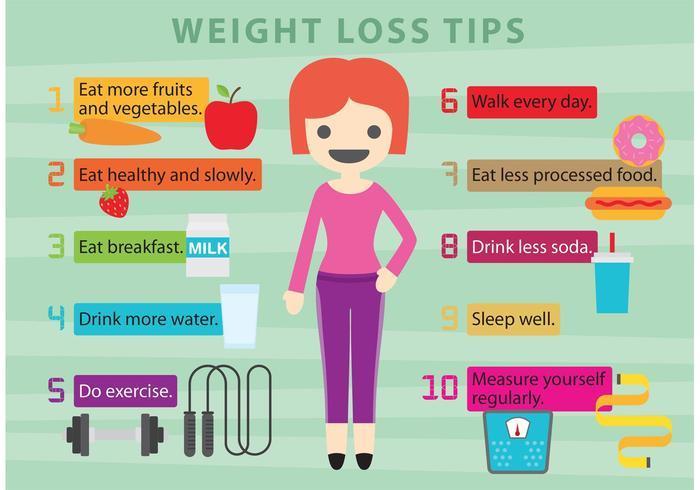If you want to reduce your dependence on gas, reduce your environmental footprint and potentially save some money, you might want to consider purchasing a diesel-powered car.
Here’s an overview of what diesel is, its pros and cons and what you should think about if you’re considering a purchase.
What Exactly Is Diesel?
There are several different types of diesel on the market today. There are petrodiesels, which are made from fractional distillation of fuels, as well as biodiesels and biomass to liquid fuels.
Diesel works differently than gasoline in that it uses friction to ignite rather than sparks.
What Kind of Cars Work on Diesel?
Today diesel vehicles are being offered by BMW, Audi, Volkswagen, Chevrolet, Dodge and Ford. There’s quite a wide range to choose from, including sedans, SUVs and trucks.
The price range of vehicles also ranges widely. You can get inexpensive sedans on the low end, or very classy SUVs on the high end.
In fact, unless someone knew what to look for, a diesel vehicle by and large looks exactly like a normal vehicle on the outside.
Cost Factors: Do You Save Money?
Unfortunately, the answer is most likely “no.”
Because more expensive technology goes into making diesel vehicles, and because they’re not produced at the same scale as other vehicles, the upfront cost tends to be a bit higher than their gas counterparts.
Do you save money on gas? The answer is “maybe.” Sometimes the price of diesel is below standard gas prices, but sometimes it’s higher than premium gas. The fluctuations are so wide that it’s difficult to tell whether you’re actually saving money or not.
In other words, if money is the main reason you’re considering diesel, you might want to consider a hybrid instead. All things considered, hybrids will save you more money in the long run.
One interesting way of saving money with diesel, however, is to manufacture your own gas. You can do so by processing biomass into liquid form. That’s a time-consuming process, but an interesting science experiment.

A Few More Considerations
Buyers who’re considering a diesel-powered car should know that they’re slightly louder than their gas counterparts. Some people also complain that diesel gas smells different than gasoline, though the smell isn’t particularly unpleasant.
Finally, remember that not every gas station has diesel fuel. While many gas stations do, it’s possible that in a crunch you might have trouble finding gas.
So all in all, should you get a diesel vehicle? If you really want to reduce your environmental footprint and reduce your gas consumption, going diesel is a great way to do it. On the other hand, from a purely cost-saving perspective, going diesel probably isn’t the way to go.
Discover more from Personal Blog of Richard Tong
Subscribe to get the latest posts sent to your email.




